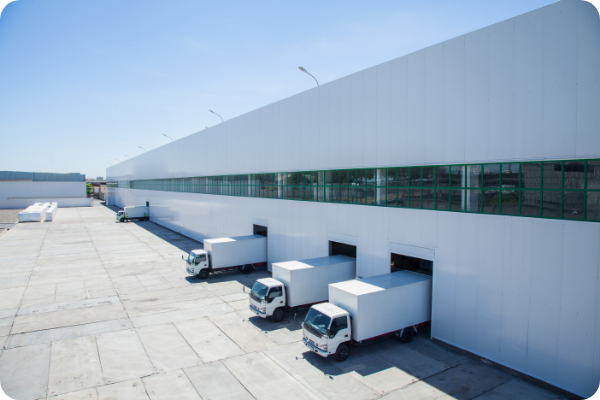To help them to make the right decisions about the complexities of their logistics networks, leading businesses globally often work with a logistics consultant.
To help them to make the right decisions about the complexities of their logistics networks, leading businesses globally often work with a logistics consultant. Why do they do this rather than develop the know-how internally? Or do they engage an external logistics consultant even though they do have internal expertise?
Logistics and supply chain consultants are members of a distinct profession, which differs from that of logistics management and demands a specific set of skills. Experience of managing logistics operations will be of use to the consultant, but an unusual aptitude and capacity for analytical work is most important – and being able to draw some useful insights out from the swathes of data.
Some of the issues that a logistics consultant might come across are as follows:
- How can we understand Cost-to-Serve at the customer / product level?
- Can we improve the productivity in our warehouse or transport operation?
- How to select warehouse storage and handling equipment, and what is the best warehouse layout design?
- We’ve reached the capacity of our existing logistics operation – what do we do next?
- How do we integrate a newly acquired company into our logistics operation?
- We need to optimise inventory holding without negatively impacting availability.
- Can we benchmark our transport costs against the market?
These are just some of the key issues tackled regularly by a professional logistics consultant, whereas operational managers will have day to day problems to deal with and will only need to address these more strategic questions from time to time. Consultants with experience have tackled these issues before, will have worked within a range of industry sectors and will be used to working through logistics consultancy projects in a structured way.
For many companies these issues apply only periodically and hence it is more efficient to engage a flexible resource as the need arises. For others, for example, large supermarket retailers, where scale and complexity drives a continual need for strategic input, an external perspective with experience of other companies in the sector can add extra value.
A professional logistics consultancy firm should be able to demonstrate a good mix of experience across sectors and project types, and should be independent of providers of third-party logistics services, software or storage / handling equipment.
Please click here to contact one of our logistics consultants














